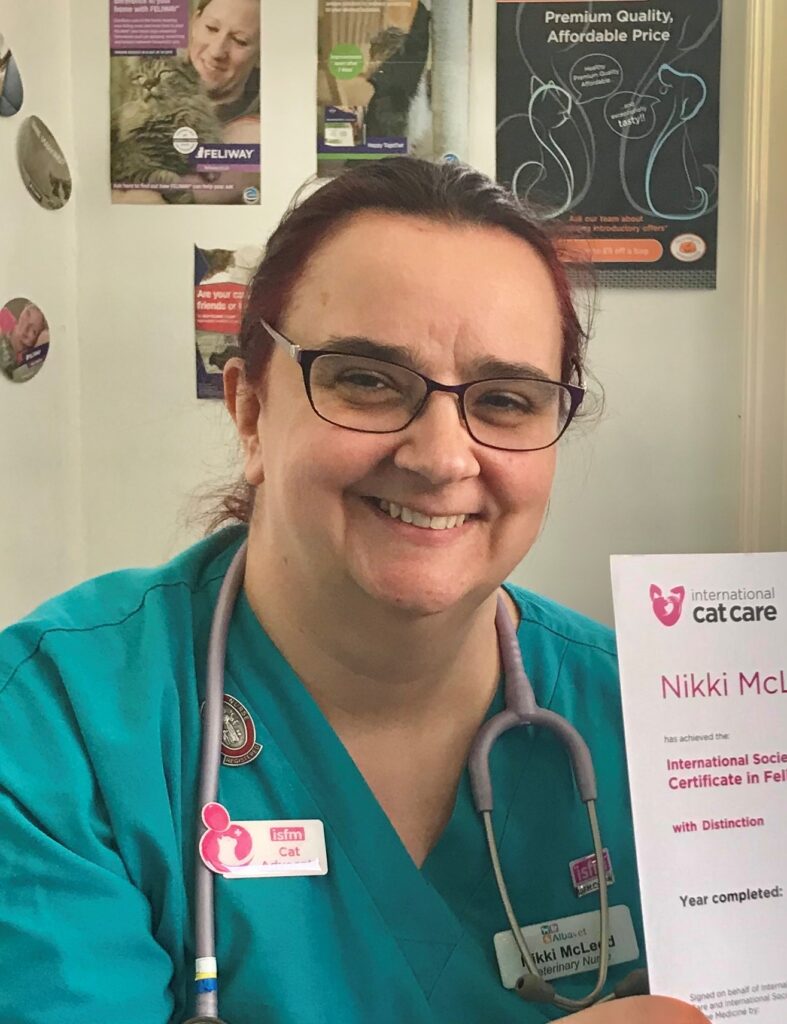There is a widespread awareness of dyslexia, but what about dyscalculia? It is a daily effort for me to cope with the challenges of dealing with numbers, arithmetic, and figures. Moreover, this is especially true in the field of veterinary medicine.
During the time that I was in school, I had a lot of trouble with times tables. Some of the patterns were so difficult to understand that I was unable to comprehend them, while others were quite easy to comprehend and follow. To this day, if someone were to ask me, “What is 8 x 7?” I would not be able to provide an immediate response to those questions. Due to the fact that I have a lot of self-doubt when it comes to numbers, I would even use my calculator to check. Nevertheless, I am able to recall my National Insurance number without having to think about it…. I find that sequences and numbers are completely arbitrary to me.
Navigating late diagnosis
It made perfect sense for me to receive a diagnosis of autism at the age of 45, given the many circumstances that have occurred in my life, though frustrating as it was to not have had these signs spotted earlier in my life. But none more so than dyscalculia, which is a co-morbidity on the autistic spectrum. It seems that I am not the only one. The prevalence of dyscalculia is estimated to be between three and six percent of the total population, according to the current estimates. In contrast to other specific learning disorders, dyscalculia is more likely to affect females than it is to affect boys. This is similar to the fact that autism is not diagnosed in female children as frequently as it is when it is diagnosed in male children. My son, who is now 19 years old, was diagnosed with attention-deficit/hyperactivity disorder (ADHD) and autism when he was three years old. I witnessed everything that he suffered with being the same things that I struggled with when I was a child, a teenager, and a young adult. This became very clear to me that I too was autistic.
Challenges in practice
In the field of veterinary medicine, which is characterised by its scientific nature, dyscalculia can result in a variety of complications. Calculations involving drugs and fluids were the most challenging for me to perform. The fact that I was told to administer “zero point zero one” millilitres of a medicine to an animal and that I heard that as “zero point one” millilitres made this point abundantly clear to me. The moment I was pulling up the medication, I had a feeling that something was off. It seemed as though this was an excessive amount of the drug for the small animal that I was going to inject. It opened my eyes to the fact that my brain does not always produce accurate processing when exposed to numerical information.
You are not alone
Those of you working in the veterinary field who have such neurodiverse brains, please be aware that you are not alone. Please make sure that you receive the assistance that you require. Despite the fact that I had completed my training as a veterinary nurse more than twenty years ago, I found that it was necessary to verify any drug calculations with another individual. In my opinion, it is the use of a calculator for even the most basic of calculations. Slowing down and not getting all worked up over trying to make numbers work and work quickly is something that I find helpful (this is one of the reasons why I will not ever be working in an ECC clinic!).
Nevertheless, in the grand scheme of things, it is about being aware of your limitations and working with them rather than against them. Due to the fact that you are unique, having a neurodiverse mindset is not the end of the world. The key is to be one of a kind and authentic.
Nikki McLeod BSc(Hons) Ncert(AnBehav) RVN
University of Edinburgh student – MSc Clinical Animal Behaviour





